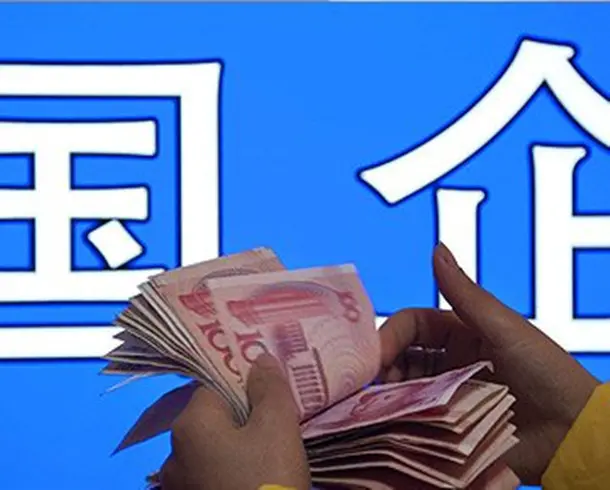South Korea's economic growth fell to the lowest in five quarters in the third quarter, bolstering the causes of fiscal and monetary stimulus, the country's central bank data showed Friday.
Real gross domestic product (GDP), the broadest measure of economic performance, grew 3.2 percent in the third quarter from a year earlier, marking the lowest in five quarters, according to the Bank of Korea (BOK).
The GDP growth kept rising from 2.7 percent in the second quarter of last year to 3.9 percent in the first quarter of this year, before falling to 3.5 percent in the second quarter.
From three months earlier, the real GDP expanded 0.9 percent in the third quarter, up from a 0.5 percent increase in the second quarter. The rebound was attributable to the low base effect of the second quarter.
The quarter-to-quarter GDP growth fell from 0.9 percent in the first quarter to 0.5 percent in the second quarter on worsening sentiment among consumers and businesses after the deadly ferry sinking disaster in April.
To tackle the negative ripple effect on the economy, the Finance Ministry unveiled a fiscal stimulus package worth more than 40 trillion won (3.8 billion U.S. dollars).
The BOK cut its policy rate by a quarter percentage point to a record low of two percent in October after lowering it by 25 basis points to 2.25 percent in August.
On the production front, the manufacturing industry contracted 0.9 percent on quarter in the third quarter on the sluggishness in electronic devices, including display panels and smartphones.
It marked the first contraction since a 2.4 percent reduction tallied in the first quarter of 2009 when the global financial crisis dented the global growth as well as the South Korean economy.
Earlier this month, Samsung Electronics unveiled its preliminary figure for the third-quarter operating profit, which plunged 60 percent.
Hyundai Motor's operating profit tumbled 18 percent in the third quarter from a year earlier.
The service industry expanded 1.4 percent on improved domestic demand, with the construction sector rising 1.8 percent on a recovery in civil engineering.
Production in the electricity, gas and tap water increased 4.7 percent in the third quarter due to growing portion of nuclear power plants.
Gross domestic income, which gauges all income earned while producing goods and services, rose 0.3 percent in the quarter, marking the lowest in two years. It was attributed to the worsening terms of trade.
On the expenditure front, private consumption, which was hit the hardest by the maritime disaster, increased 1.1 percent in the third quarter from three months earlier after reducing 0.3 percent in the prior quarter. It was the highest growth in a year.
Construction investment and intellectual property investment expanded 2.9 percent and 0.6 percent each during the quarter on a quarter-to-quarter basis.
Exports, which account for about half of the economy, declined 2.6 percent in the same quarter due to the South Korean currency's appreciation to the dollar that reduced overseas sales converted into the local currency.
It marked the lowest growth since the fourth quarter of 2008 when it decreased 4.3 percent. Auto exports slid in the quarter on partial strikes of major carmakers, including Hyundai Motor.
Imports retreated 0.7 percent in the third quarter from three months earlier, with facility investment declining 0.8 percent amid weak sentiment among companies.
 简体中文
简体中文





